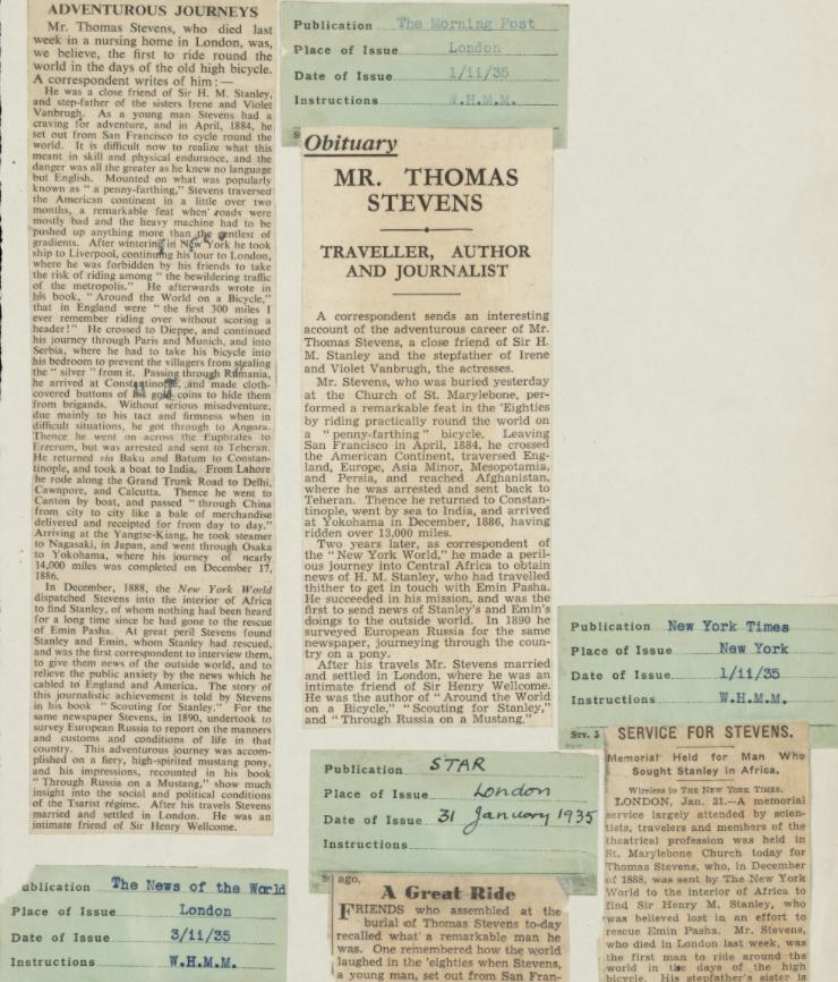In Spoiled: Stories (Random House), Caitlin Macy explores the anxiety of women trying to sidle their way into the next social class, ready to take the next step up in the American Dream. “My book is about this somewhat afflicted group,” she told the New York Times. “These people on the edge of where they’d like to be: almost rich, slightly rich, very conscious of their place in the world.”
The social climber isn’t new to fiction, and neither is the female scrambling up Manhattan’s Upper East Side. The Nanny Diaries shows us the imperious mothers, Candace Bushnell gives us the empowered singles looking for love to round out their status and power, and Real Housewives of New York City shows the reality is not far from fiction. But Macy touches on something different: the anxieties and insecurities behind the irrational cruelties we always see portrayed. And she does it with a talent for delicately needling satire that the others lack.
Macy’s protagonists live by what David Kamp calls in this month’s Vanity Fair, “the outmoded proposition that each successive generation in the United States must live better than the one that preceded it.” Children of unglamorous beginnings, they inch their way up with looks, luck and bitchiness, by letting the drama teacher feel them up so they can get the lead, and by running roughshod over other girls in the designer stilettos they once had to buy on the clearance rack. They marry up, and thus view their husbands with a near-resentment. Their mothers embarrass them, with their TV dinners and their apologies to panhandlers for only having change. They make their own children even more imperious and sophisticated.
But Macy shows the crippling diffidence beneath the sophistication. These women collect props-the model nanny, the Old World cleaning lady, the hedge fund-manager husband-not for the life they have now, but for the life they seek. They are anxious about what the actually rich think (one character crushes another with the line, “Oh, you’re just renting?”), but their insecurities extend to the “help.” Will the model nanny love my child best, and how dare the cleaning lady say my small apartment is easier to clean than a “classic six”? These insecurities manifest themselves in acts of flailing, childish cruelty. One character accidentally hires a cleaning lady who is too much like her old self-“a young woman she might have hung out with, in her single days, on a Friday night.” She reacts to the woman’s confidence with an act of sabotage that finally allows her to exercise a condescension that fulfills her fantasy.
Macy writes like her characters talk: with a wounding, unobtrusive pleasantness. She has a knack for details that capture unconscious snobbery and for lines that impale in passing. (For instance, children are “little trophies, one presumed, to fill up that bottomless pit of dissatisfaction” and pregnancy is “an absurd moment in their otherwise genderless lives”). Yet she’s not without compassion. The “spoiled” in her title seems too dismissively judgmental, since Macy can make us pity even her most repellent characters. Those characters, though, are hard to differentiate since they have similar backgrounds, live similar lives, marry similar men (the type who makes money and reads The Economist), are at the same “almost-rich” stage, and share the exact same neuroses. Their personalities and stories blend together until it feels like the same story told over and over again-albeit with a clever turn of hand.
In a time when everyone worries not just about moving up but about sliding back, their anxiety touches an uncomfortable chord. These women could accept the fixity of their position, could strive less frantically and learn to live with less-but so could we. Kamp says over the years the American Dream has morphed from a simple desire to achieve within our abilities, to the “unattainable” need for “stardom or extreme success.” It’s become “a moving target that eluded people’s grasp; nothing was ever enough.” Frederic Morton recently made the same point in the Los Angeles Times, saying the American Dream “soars beyond check or balance; it is updated continuously by whatever glitters beyond the edge of our means.”
There’s an economic toll to this bloated dream, but Macy’s protagonists show the real price of always grasping for what’s just out of reach. One woman reflects on the fact that no matter how hard she works to bring in x amount per year, only time can increase it: “But time ate up your life. … A decade, two decades of your life would have gone by before you attained it. The fixity of x was the most bittersweet thing I had thought of in ages.”
The woman chooses to let the chasing of x swallow her life over time. It’s a choice we also make, and one that Morton asks us to reconsider when he asks, “Do we have the courage to free ourselves from the fixation on the exceptional? Shall we try to dream a dream less extreme?” Macy shows the extremity of the dream, and the absurdity of the cruelty it inspires.

This article originally appeared on Patrol, a daily web magazine that covers the arts, culture, and politics in New York City.




